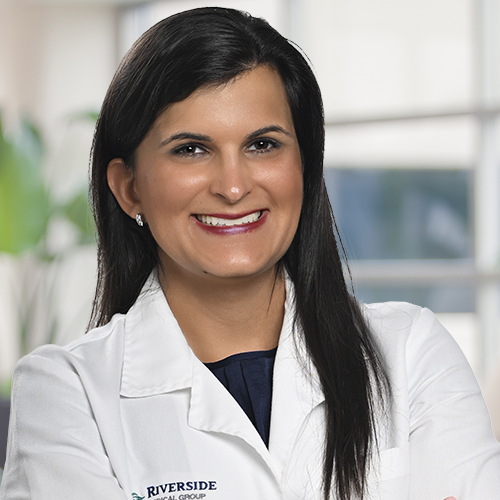Osteoporosis: Understanding Screening, Prevention, and Treatment Options
Osteoporosis is a common condition where your bones become very brittle and thin over time, which increases your risk of fracture. Unfortunately, osteoporosis is a "silent" disease, meaning many people don't realize they are living with it. For that reason, the condition requires regular screening.
Causes and Risk Factors
One significant cause of osteoporosis is reduced estrogen—common among women in their post-menopausal stage of life. This also encompasses people who are on an estrogen-blocking therapy to treat cancer. Men who have low testosterone are also in a higher risk group.
Who's at Higher Risk?
- Post-menopausal women
- People on estrogen-blocking cancer therapy
- Men with low testosterone
- Long-term glucocorticoid or steroid users
- Those on medications for COPD or joint pain
- People with chronic kidney disease or on dialysis
"People who are on long-term glucocorticoids or steroid injections or pills, whether that's for COPD or for joint pain, have a much higher increased risk of developing osteoporosis over time."
Diagnosing the Problem, Then Preventing Its Progression
The most common screening test for osteoporosis is a DEXA scan. This involves x-ray imaging to assess one's bone density.
"It's a pretty simple procedure, and it gives us a lot of information. With that, we can determine whether you're osteoporotic, or you're in a precondition called osteopenia. We combine that information with your risk of fracture to determine whether you should undergo treatment or not."
The sooner individuals get a diagnosis, the sooner they can begin making lifestyle changes to help manage the condition. Dr. Uddin advises getting adequate amounts of calcium and vitamin D, as well as practicing regular weight-bearing exercises.
Foods Rich in Calcium:
- Nuts
- Milk and dairy products
- Cheese
- Vegetables
- Fruits like oranges and apples
"There are a lot of different sources, and ideally we want to get most of it from our diet. Making adjustments where you can is important."
Medical Intervention
Lifestyle changes do help arrest the progression of osteoporosis, but sometimes individuals need to undergo a treatment protocol as well. Dr. Uddin notes this might involve oral medications or IV infusions.
Treatment Options Available:
- Oral medications – taken by mouth
- IV infusions – administered intravenously
- Injectable medications – help build new bone
- Bone-preserving medications – maintain existing bone density
"More recently, there are also injectable medications that help build bone, whereas other medications 'hold on' to what you have already. We try to come up with a tailored approach with our patients to see what their goals are and what kind of risk factors they have. Are some of those things changeable or not? How much of a risk in the future of developing a fracture? We determine our treatment based off of that risk."
Screening Recommendations
When to Get Screened:
- Women age 65+: Bone density scan every two years
- Men age 70+: Screening recommended
- Age 50+: Some organizations recommend screening (check with your provider)
- Chronic kidney disease/dialysis patients: Regular screening recommended
Typically, all women over age 65 can get a bone density scan every two years. Dr. Uddin notes there are some health organizations that suggest everyone over the age of 50 should have some sort of screening for osteoporosis. But, because of how Medicare and Medicaid guide coverage and reimbursements, age 65 is generally the start for women and age 70 for men. People who have chronic kidney disease and who are on dialysis can also develop bone density issues over time, so they should also be screened.
An Important Reminder from Dr. Uddin:
"In your aging years, you should think of hip fractures as something that is just as severe as a heart attack. But, it's not really given that same sort of severity or importance. Many people who develop a hip fracture in their older years have a very low life expectancy after that hip fracture and also lose a lot of their mobility and independence as well. We aren't just thinking about longevity of life, but also quality of life when we're treating somebody for osteoporosis and preventing fractures."
Learn More About Endocrinology Services
For more information about endocrinology services at Riverside, click here.




